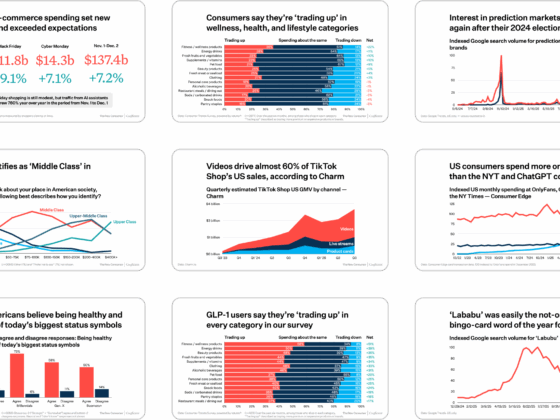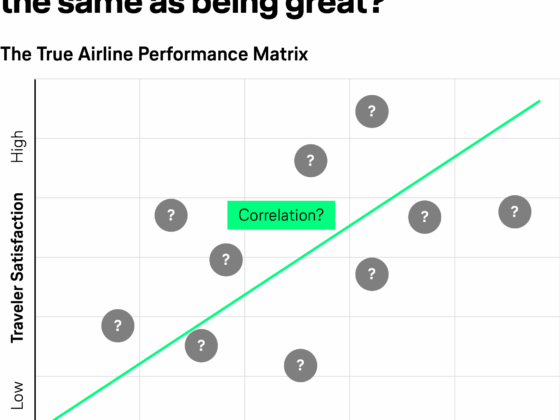Every big city has a smaller city that hates them: New York has Boston, Barcelona has Madrid, and Paris has the entire hexagon.
For France, young Emmanuel Macron tried to heal that grudge with tax carrots and decentralization talk, hoping companies would set up shop in Limoge instead of clogging La Défense. The goal: relieving pressure on Paris, spiraling rents, choked commutes, creeping crime, while keeping regional towns from slipping into “economic desert,” with schools, doctors, and post offices shuttering.
On paper, the plan was flawless; if newcomers arrived, they’d import their habits, reviving restaurants and high-street shops in their wake. Indirectly, Covid briefly helped; haylofts turned into WeWorks, Zoom lit up farmhouses, Paris lost its grip, and Macron got re-elected.
The honeymoon didn’t last unfortunately, Covid ended, insecure managers lobbied for a return in office. Even VEJA, the Brooklyn-dad sneaker brand that proudly decamped its HQ to Nantes, quietly re-signed Paris leases and rehired in the capital. France snapped back to its default of one dominant gravity center. North America, however, flipped the coin the other way.
This week’s stories track the triangle of restaurants, private clubs, and coworking spaces that now anchor mid-sized cities trying on big-city energy.
BIG CITY PRICE / NYT
Jackson, Mississippi’s Elvie’s charges $35 for its poulette Wellington, the same price you’ll find for roast chicken at Balthazar. Chef Hunter Evans shoulders the same freight as a Manhattan kitchen, Gulf shrimp, cultured butter, and roughly $50,000 in annual credit-card fees. What’s changed is the diner mix. Remote workers fleeing the coasts kept their paychecks and expectations, giving tier-two restaurants a nightly audience willing to pay for serious food. Franklin, Tennessee’s Perenn leans on similar math, funneling those “big-city prices” into staff health insurance and 401(k)s. For rising chefs, these markets are the only places where a six-figure buildout doesn’t turn into an immediate debt spiral, and where a tasting menu won’t prevent you from having a life outside of service.
MEMBERS-ONLY IN MIDSIZE CITIES / WSJ
The same crowd is reshaping how they socialize. Jacksonville’s The June opens this fall in a former Federal Reserve branch, offering cabaret nights and private dining for a $5,000 initiation fee plus $425 monthly dues. Savannah’s Club Bardo charges $12,000 upfront and throws Wes Anderson-level pool parties for artists, lawyers, and architects who now call the city home. Lexington’s Camel Club layers bourbon tastings with co-working desks, offering junior memberships at $3,000 to keep younger locals in the mix. While country and yacht clubs still carry the scent of mothballs; they’re landing pads for newcomers who crave community in towns where longtime locals still default to their high school circles.
THE MALIN HEADS SOUTH / The Malin
Round out the triangle with workspace. The Malin, my favorite New York coworking brand (and unabashed magnet for members who blend coastal-elite ease with a twist of Parisian chic), just planted a flag in Savannah, a city 53 times smaller than Manhattan. It’s a smart bet: the same professionals dining at Elvie’s and joining Club Bardo still need a design-forward desk. If the table stakes are flat fees and reliable Wi-Fi, the differentiator is vibe, and The Malin tends to ace that exam.
I am also a big fan of their emailing. As a former Dutch fiscal resident and coffee enthusiast, I enjoyed their Rotterdam coffee hotel article.
WHAT TO WATCH
-
Expect more chefs to test tier-two markets first, then backfill flagship openings in New York or LA once the concept proves profitable.
-
Hospitality-heavy private clubs will shadow hotel expansions; watch for Bardo-branded properties in Bozeman, Pittsburgh, and Providence next.
-
Coworking brands with a hospitality spine will chase these same cities, turning them into 24-hour ecosystems.
The real test now is stamina: can these mid-sized markets keep up once the novelty fades?







